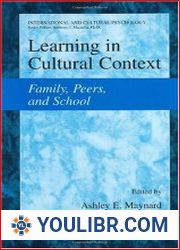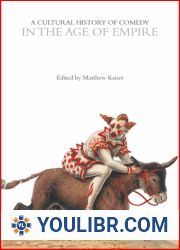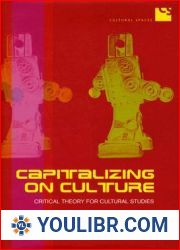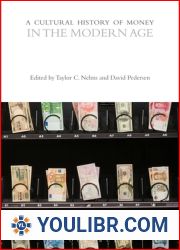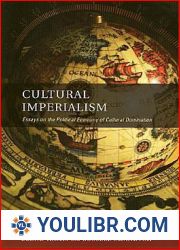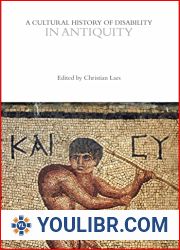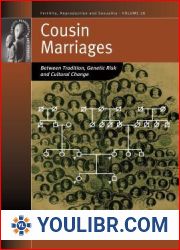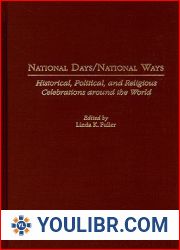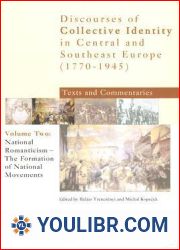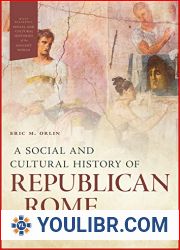
BOOKS - HISTORY - Soft Power Superpowers Cultural and National Assets of Japan and th...

Soft Power Superpowers Cultural and National Assets of Japan and the United States
Author: Watanabe Yasushi
Year: 2008
Format: PDF
File size: 3 MB
Language: ENG

Year: 2008
Format: PDF
File size: 3 MB
Language: ENG

The book "Soft Power Superpowers Cultural and National Assets of Japan and the United States" explores the role of culture and national assets in shaping the global power dynamics between two superpowers - Japan and the United States. The author argues that the traditional measures of power such as military strength and economic might are no longer sufficient to determine the outcome of international relations. Instead, soft power, which encompasses cultural, diplomatic, and ideological influence, has become a crucial factor in determining the relative strengths of nations. The book begins by examining the historical context of the relationship between Japan and the United States, from their early interactions in the 19th century to the present day. It highlights how cultural and national assets have played a significant role in shaping the dynamics of this relationship, including the impact of Japanese immigration to the US and the post-war occupation of Japan by the US. The author then delves into the concept of soft power, defining it as the ability to shape the preferences and attitudes of others through cultural, educational, and informational means. They argue that this type of power is essential for nations seeking to maintain their influence in an increasingly complex and interconnected world.
В книге «Soft Power Superpowers Cultural and National Assets of Japan and the United States» исследуется роль культуры и национальных активов в формировании глобальной динамики силы между двумя сверхдержавами - Японией и США. Автор утверждает, что традиционных мер силы, таких как военная сила и экономическая мощь, уже недостаточно для определения исхода международных отношений. Вместо этого мягкая сила, которая включает в себя культурное, дипломатическое и идеологическое влияние, стала решающим фактором в определении относительных сильных сторон наций. Книга начинается с изучения исторического контекста отношений между Японией и США, начиная с их ранних взаимодействий в XIX веке и до наших дней. В нем подчеркивается, как культурные и национальные активы сыграли значительную роль в формировании динамики этих отношений, включая влияние японской иммиграции в США и послевоенной оккупации Японии США. Затем автор углубляется в понятие мягкой силы, определяя её как способность формировать предпочтения и установки других посредством культурных, образовательных и информационных средств. Они утверждают, что этот тип власти необходим для стран, стремящихся сохранить свое влияние во все более сложном и взаимосвязанном мире.
Il libro «Soft Power Superpowers Culture and National Assets of Japan and the United States» indaga il ruolo della cultura e degli asset nazionali nel creare una dinamica di potere globale tra le due superpotenze, Giappone e Stati Uniti. L'autore sostiene che le misure di forza tradizionali, come la forza militare e la potenza economica, non sono più sufficienti per determinare l'esito delle relazioni internazionali. Invece, il potere morbido, che comprende l'influenza culturale, diplomatica e ideologica, è diventato un fattore decisivo per determinare i punti di forza relativi delle nazioni. Il libro inizia esplorando il contesto storico delle relazioni tra Giappone e Stati Uniti, dalle loro prime interazioni nel XIX secolo fino ad oggi. Sottolinea come i beni culturali e nazionali abbiano contribuito in modo significativo a creare le dinamiche di queste relazioni, inclusa l'influenza dell'immigrazione giapponese negli Stati Uniti e l'occupazione del Giappone nel dopoguerra. Poi l'autore approfondisce il concetto di soft power, definendolo come la capacità di formare le preferenze e le preferenze degli altri attraverso strumenti culturali, educativi e informativi. Sostengono che questo tipo di potere sia necessario per i paesi che cercano di mantenere la propria influenza in un mondo sempre più complesso e interconnesso.
''








 49
49  1 TON
1 TON


